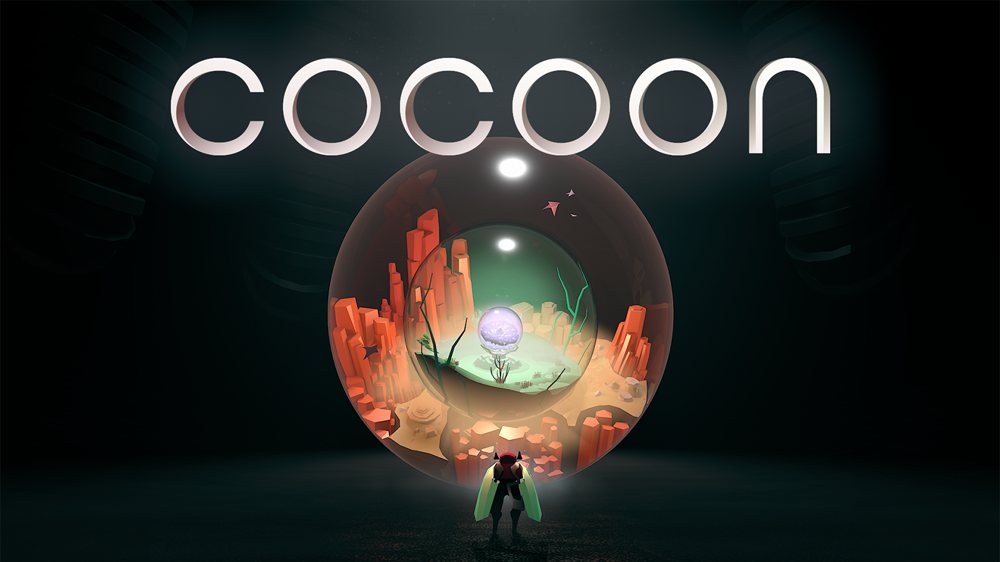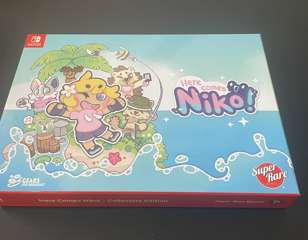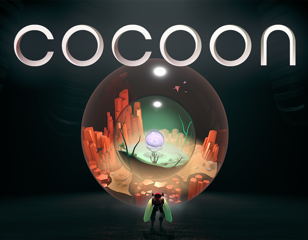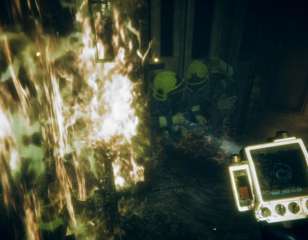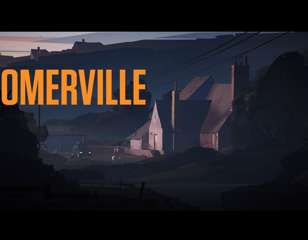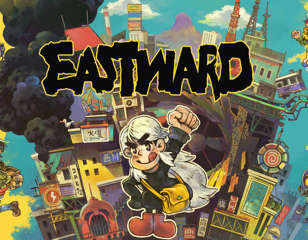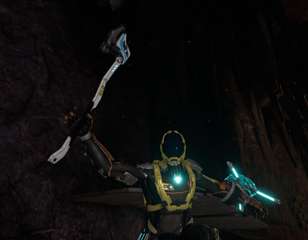Eternal Threads Review: "Clear And Engaging Time Manipulation"
Eternal Threads is all about manipulating time in a house fire to save the inhabitants, but how does this intriguing puzzle game play out?
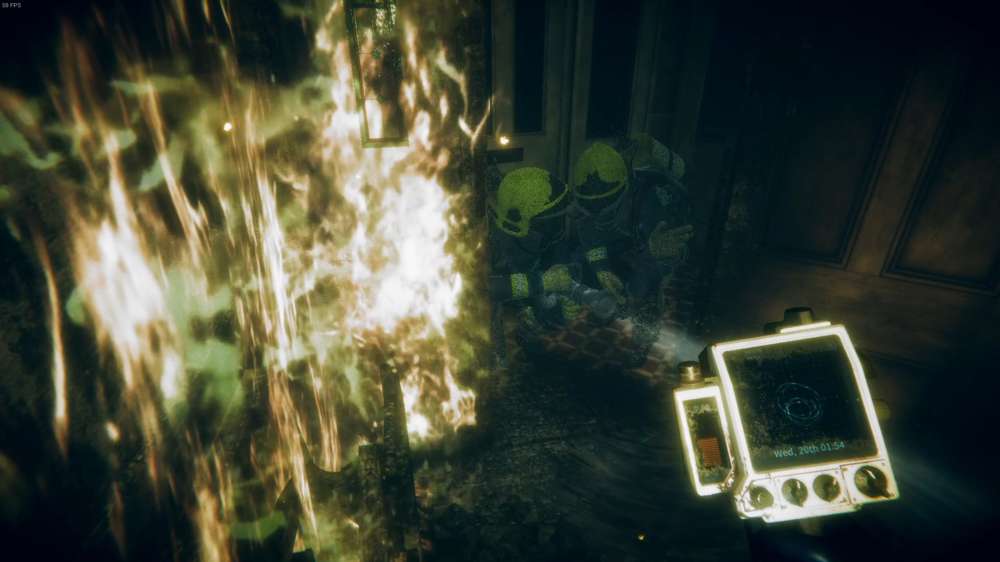
Manipulating time is a concept that fits the interactive nature of video games like a glove, and titles that give you the tools to do so are often fondly remembered. From Chrono Trigger all the way to Life is Strange, whether it's for the purpose of forwarding the narrative or a mechanic that gives depth to the gameplay, time travel has become a mainstay that's not going anywhere. The newest title to explore our relationship with the temporal plane is Eternal Threads, a puzzle mystery that tasks you with fixing a timeline that led to a lethal house fire. The core concept allows it to explore time manipulation and the butterfly effect with more depth than most games, but how does this pan out for the full experience?
Time Crisis

Eternal Threads takes place in a near future world where the discovery of time travel has had devastating effects on the earth. Countless events from the past were altered beyond recognition as the timestream was broken, leading to the creation of the Second Chance Project where agents are sent through time to surgically alter the events of the past and restore the original timeline.
You take on the role of a recently qualified agent who is sent back in time to the location of a deadly house fire in the north of England. In the original timeline, all six members of the house survived the fire, but due to the corruption of the time stream all the residents died, meaning it's your job to fix the timeline and manufacture the most desirable outcome. It's a novel concept that gives you the chance to fully explore how altering past events can cause a cascading effect on the future, and it becomes quickly engaging as you're given free reign to complete your objective.
Much of the game's story unfolds from glancing into the interactions and lives of the house members, full of typical career and student woes, love, health, and the range of emotions that life brings out of us. While saving them is the overall goal, you're also encouraged to try and resolve their personal problems, which is an enticing objective for those who connect with the characters. The range of smaller narratives and character arcs present in the game also allow it to touch on several themes - many ostensibly tied to English culture - but these differ on how well they are explored or resolved.
Got The Timeline?

To mess with time and solve the puzzle of restoring the original timeline, you're given a tool called the visualiser, which can be connected to a series of projector-like devices you set up around the house during the tutorial. With the visualiser you can bring up the time map, giving you a linear representation of the timeline that allows you to choose which events to rewatch or change.
There are 197 events in total, but they can't all be accessed immediately. While you're allowed to watch events in any order you want, to unlock some of them, you will need to make choices during specific events, unlocking a new timeline that can lead to a number of new choices and story conclusions. While saving someone early might be a sign of progress, that choice may doom another character, meaning a thorough exploration of the time map and its choices is vital.
This is where the puzzle portion of the experience comes into play, as you'll need to make the right decisions that snowball to everyone surviving the fire. Initially it seemed a little daunting and challenging, but the clarity of the time map ended up making the whole experience easier than it initially seems. This lets it play more like a laidback mystery than a test of your puzzling prowess.
All events are represented by circles, with white ones being part of the current timeline and purple ones requiring a choice to access. The choice events are instead noted by diamond shapes, and by pressing a certain button you can highlight all the following events the choice has an effect on. Despite having the potential to be annoyingly complex, it's all excellently presented and clear to read, but it doesn't hold your hand enough to deny you those well-earned eureka moments. However, there's no way to turn off the highlights for event choices, so for those who may want a more cerebrally challenging experience, you won't get it here.
Temporal Location

The whole game takes place in the same household, with you going from room to room to watch the different events play out. Having a small location allows the game to keep the pace going too, with consistent events to watch back-to-back that provide new story information or revelations about the characters lives. While the majority of the house can be explored from the get-go, there are some locations which are locked off initially.
This is another aspect that allows you to ease into the whole timeline switching, as it provides tangible objectives to focus on first and also introduces you to some of the ongoing mysteries, though you can still do these in any order you desire. One of the more important locked doors concerns a wardrobe in the basement that the landlord sneaks off to when he gets the chance. It took nearly three quarters of the game before I could figure out how to open it, but it led to an important story resolution for two of the characters and a light-bulb moment where I figured out how to fix their personal issues and help them survive the fire.
Eurojank

It's not all smooth sailing though, because the presentation often lets it down, from disappointing voice performances by some characters to poor character models and janky animations. Due to how much of the game you spend with these characters, learning their personalities, aspirations, and personal problems, it can cause a massive disconnect when the veil begins to slip.
Not all of them suffer from this, such as Tom and Raquel, but some of the main cast and side characters deliver lines with the same tone across different emotional contexts, or just sound like they aren't committed to the role. This left the whole experience feeling uneven despite moments that can really elicit an emotional connection and character arcs that are satisfying.
Endgame

Eternal Threads is a solid attempt from first-time developer Cosmonaut Games, presenting a sci-fi, time travelling mystery where you'll need to monitor how cause and effect influences the events around you. Its clear and engaging time manipulation mechanics make the meat of the game satisfying to engage with, and focusing it on the personal issues of everyday people grounds the experience. Despite the uneven presentation and lack of a major challenge, it makes for a worthwhile light puzzling experience.
3.5/5
Reviewed on PC. Code provided by the publisher.
Comments




